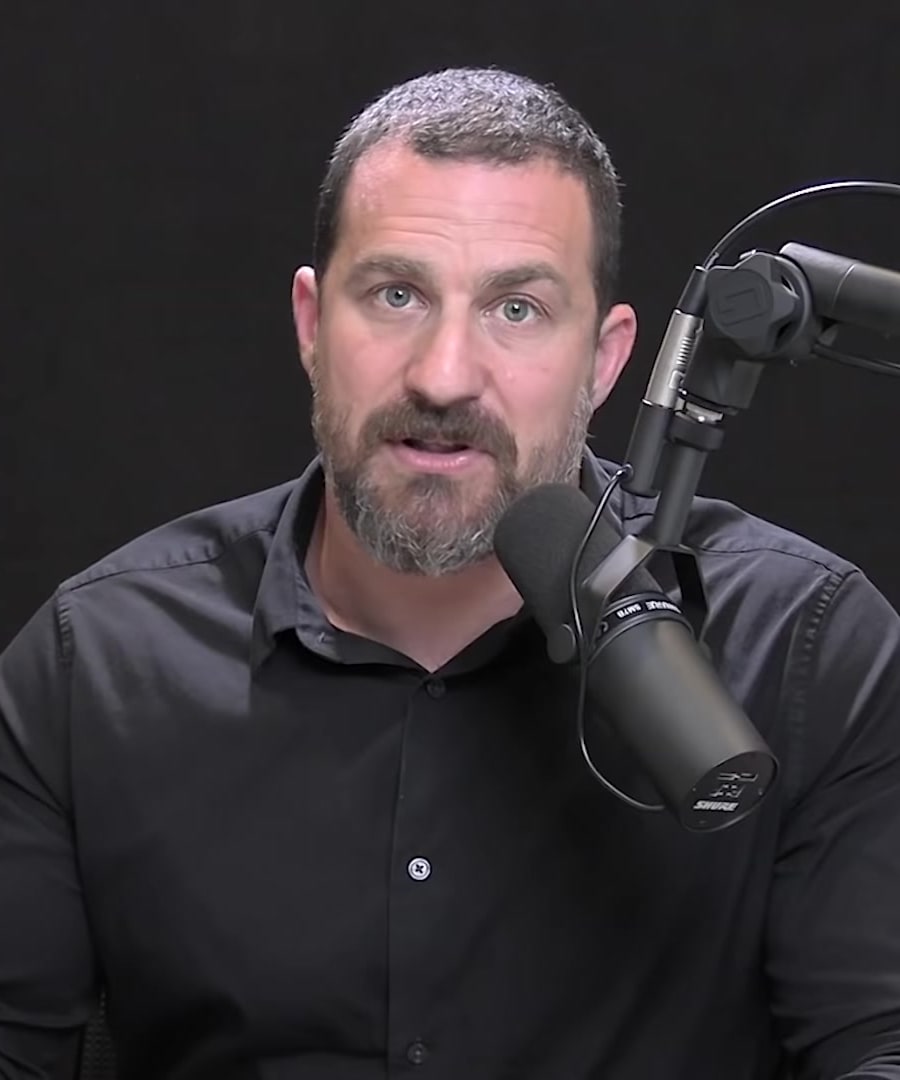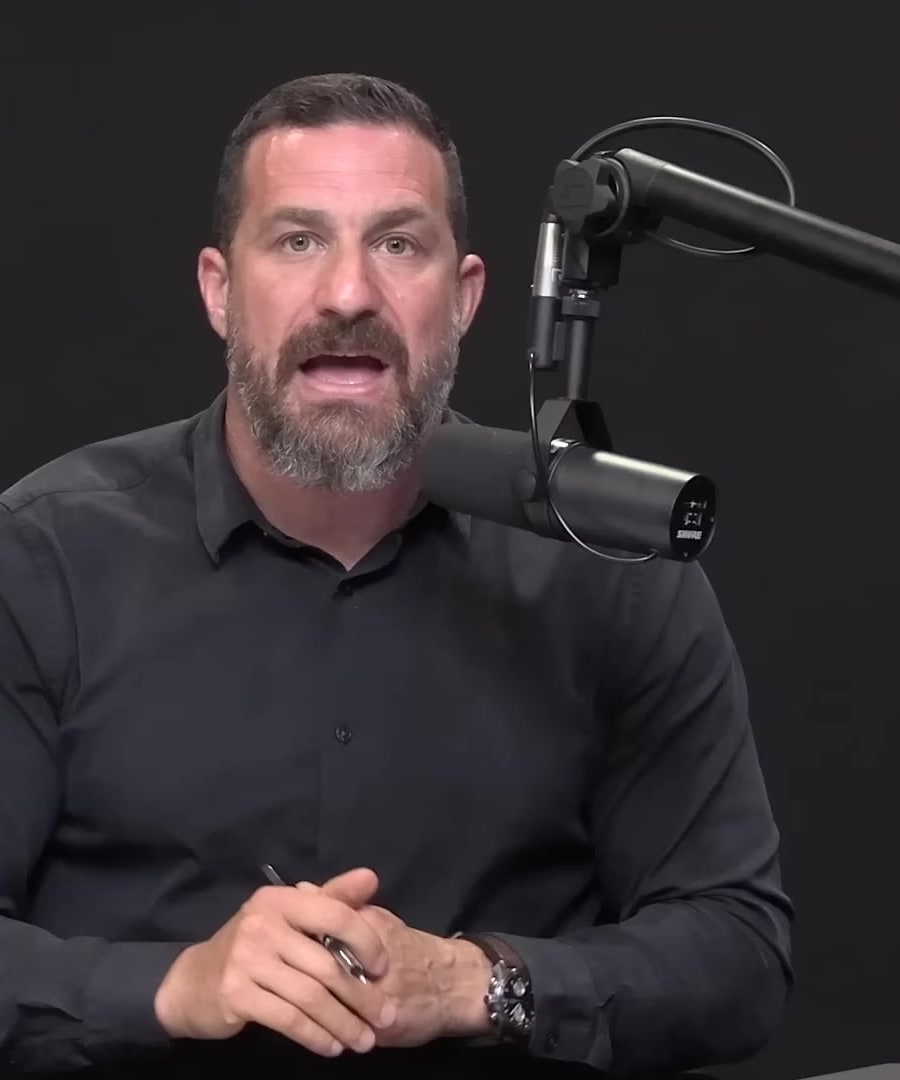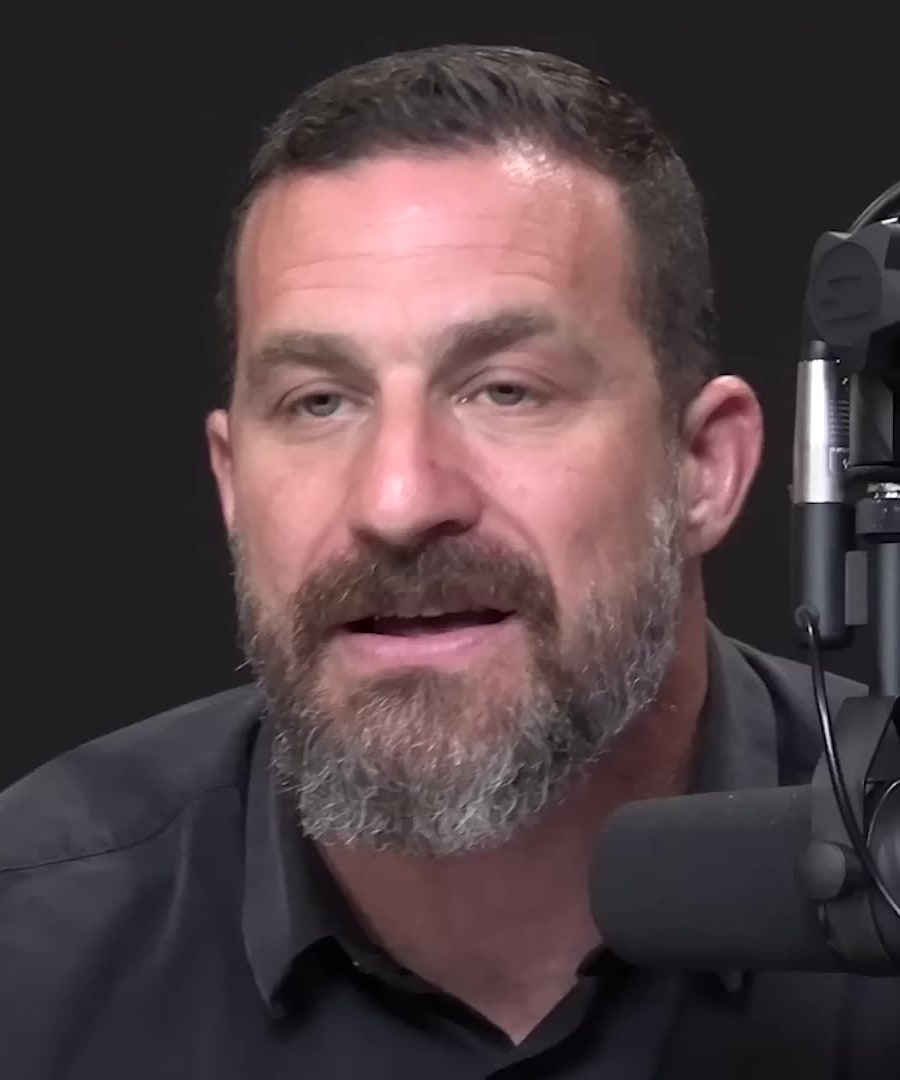is it better to brush teeth before eating food so the teeth are protected, or brush teeth after eating food
Sources:
The timing of when to brush your teeth—whether before or after eating—depends on various factors according to dental experts, but a common recommendation is to brush before breakfast.
Benefits of Brushing Before Eating:
- and highlight that brushing before meals can prevent the demineralization of teeth that occurs when the mouth's pH becomes acidic after eating. This is because brushing after consuming acidic foods or drinks (like citrus or soda) can wear away the softened enamel 1 2 3.
- suggests that brushing before breakfast helps to remove overnight bacteria build-up, improving oral hygiene overall 4.
Timing for Brushing After Eating:
- If you prefer to brush after meals, several experts, including and , recommend waiting at least 30 minutes to allow the mouth's pH levels to stabilize. This waiting period helps protect tooth enamel from being brushed away when it's in a weakened state due to acidity from foods or drinks 5 6.
Summary: Brushing before breakfast can be beneficial to avoid enamel wear from post-meal acidity. If you prefer to brush after eating, make sure to wait at least 30 minutes to protect your enamel. Maintaining consistency in your oral hygiene routine is crucial, regardless of the specific timing 2 5.
RELATED QUESTIONSis ritalin good for adhd
Sources:
Ritalin can be an effective treatment for ADHD by increasing dopamine levels in the brain. This helps improve focus and reduce hyperactivity in those with ADHD. explains that Ritalin (methylphenidate) is often prescribed for ADHD and works by inhibiting the dopamine transporter, increasing dopamine availability at synapses, which improves symptoms of ADHD 1 2.
While Ritalin helps many individuals with ADHD, also notes that it usually has a shorter duration of action compared to other medications like Adderall. This shorter half-life makes it necessary to take multiple doses throughout the day, which can be beneficial in managing focus and hyperactivity without significantly impacting sleep 3.
However, it's important to consider the potential long-term effects and varying responses among individuals. mentions that there are few long-term studies on the effects of ADHD medications on endocrine systems, though careful dosages generally do not seem to stunt growth or development 4.
Ultimately, if prescribed and monitored by a healthcare professional, Ritalin can be a valuable tool in managing ADHD symptoms 5.
RELATED QUESTIONS




